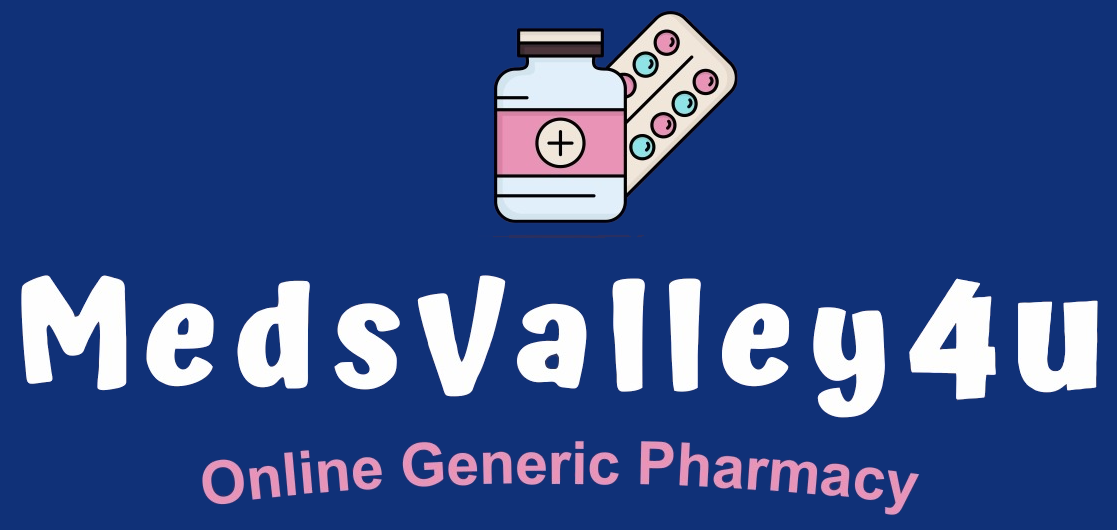Mental and Physical Health:-
The benefits of practising meditation in your daily life are enormous.
Doing it daily for an extended period pays off in the form of improved mental and physical health.
Doctors promote meditation as a way to maintain greater mental control and improve our physical health.
In this post, we will look at the top ten benefits of meditation, which can improve both our physical and mental health. So let’s begin.
Decrease in Stress:-
One of the best ways to relieve stress is to practice meditation. It is necessary to do it every day, ideally in the morning, if you feel that you are under a lot of stress, whether it be from your job or another source. Because of your increased calmness and relaxation, you won’t experience stress as a result of this. Even better decision-making for your company and more production are benefits that will come from it.
Increase your attention:-
Meditation is one of the most suggested methods for improving your focus. Meditation, when done correctly, can help you trigger particular regions in your brain and allow for regular hormonal output. This allows us to better regulate our minds while staying sharp and focused on our work. Increasing your focus will undoubtedly allow you to do your daily tasks more accurately.
Reduce anxiety:-
Anxiety is one of the most common challenges we face in today’s competitive environment. Meditation is a simple way to help relieve anxiety and frustration. Meditation, according to health professionals, can also help with anger management and controlling unexpected mood changes.
Improved emotional wellness:
We need to keep our emotions under control. Because of the high expectations placed on us and the harsh rivalry, we may become lost in our emotions over both our accomplishments and failures in life. However, by practicing meditation, you can maintain improved emotional wellness. It allows us to better control our emotions. And having control over your emotions always leads to better choices and decisions in your life.
Improve memory:-
According to doctors, practicing meditation on a daily basis will help you remember more. It is undeniably one of the most effective natural memory boosters for students and professionals. According to doctors, practising meditation on a regular basis allows the areas of the brain that govern our memory and logic processes to perform more effectively due to the secretion of chemicals such as dopamine, which also boosts focus and the capacity to concentrate at work.
Control your mind to get rid of addictions in your life:-
Addiction is one of the most pressing issues facing today’s youngsters. If you can manage your thinking, you can control the desire to smoke, consume alcohol, or use narcotics like cocaine and marijuana. Your doctor may also explain the benefits of yoga for overcoming addictions. You see, to overcome any addiction, you must develop mental restraint and control over your emotions and desire to use addictive drugs.
Improve your sleep:-
Meditation also helps your mind relax and become calmer. It can undoubtedly improve your sleep. People suffering from sleep disorders such as narcolepsy, sleep apnea, insomnia, or shift work sleep disorder may find that their usual daily activities and responsibilities are impaired. This is why we recommend doing yoga at night, particularly after a light dinner, to allow your mind to relax.
Improve your pain management:
When you’re nursing an injury or healing a wound, your mind is in a tense state. According to physicians, this can worsen the agony. You can use the healing benefits of meditation on a regular basis to better manage your discomfort. People who are suffering from neurological pain, or pain from a wound or accident, can assist you in healing your wounds more quickly. At the very least, it will minimize pain feelings, raise your resilience to pain, and improve your overall quality of life.
Helps decrease blood pressure:
Meditation can surely assist you enhance your physical health and minimize the pressure on your heart. It allows the heart to flow blood regularly and improves the heart’s optimum performance, which can eventually lead to a drop in blood pressure.
Manage your depression:
According to doctors, if you are experiencing periods of depression during the day, practicing meditation would undoubtedly assist. Meditation relieves negative thoughts by secreting the dopamine hormone, which improves focus, and motivation, and rejuvenates the mind.







Write a comment
Your email address will not be published. All fields are required